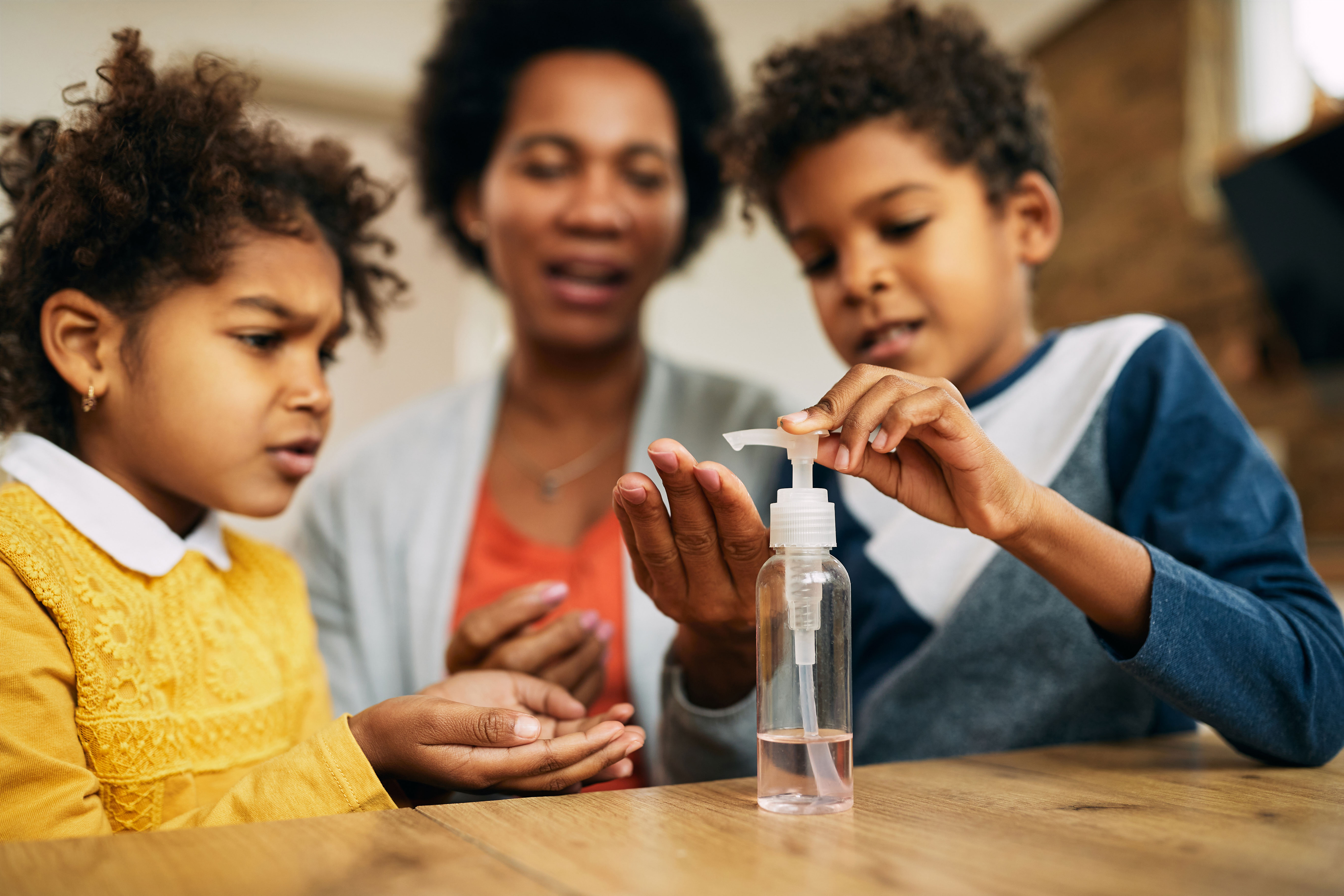
How can we prevent our children from using drugs and alcohol?
Alcohol, tobacco, and other drug use increases rapidly from early to late adolescence, peaks during the transition to young adulthood, and declines through the remainder of adulthood. Habit-forming substance use early in life contributes to higher levels of use and abuse later in life. Early use is associated with numerous physical and mental health problems, violent and aggressive behavior, and adjustment problems in the workplace and family. The drugs most used by teens are alcohol, nicotine products, and marijuana.
What can we do to prevent teen drug and alcohol use?
First, know the risk factors for teen drug use:
-
A family history of substance abuse.
-
A mental or behavioral health condition, such as depression, anxiety or attention-deficit/hyperactivity disorder (ADHD).
-
Impulsive or risk-taking behavior.
-
A history of traumatic events, such as seeing or being in a car accident or experiencing abuse.
-
Low self-esteem or feelings of social rejection.
Be aware of red flags:
-
Sudden or extreme change in friends, eating habits, sleeping patterns, physical appearance, requests for money, coordination or school performance.
-
Irresponsible behavior, poor judgment and general lack of interest.
-
Breaking rules or withdrawing from the family.
-
The presence of medicine containers, despite a lack of illness, or drug paraphernalia in your teen's possession.
Featured Article
Tips for preventing teen drug use:
-
First and most important – be a positive role model. Adolescents are more likely to use addictive substances if their parents do, or if it has been communicated that it’s normal or okay.
Talk to your teens about drugs:
-
Ask your teen's views. Avoid lectures. Instead, listen to your teen’s opinions and questions about drugs. Parents can assure teens that they can be honest and have a discussion without getting in trouble.
-
Discuss reasons not to use drugs. Avoid scare tactics. Emphasize how drug use can affect the things that are important to your teen. Some examples might be sports performance, driving, health or appearance.
-
Consider media messages. Social media, television programs, movies and songs can make drug use seem normal or glamorous. Talk about what your teen sees and hears.
-
Discuss ways to resist peer pressure. Brainstorm with your teen about how to turn down offers of drugs.
-
Be ready to discuss your own drug use. Think about how you’ll respond if your teen asks about your own drug use, including alcohol. If you chose not to use drugs, explain why. If you did use drugs, share what the experience taught you.
-
Know your teen’s activities. Pay attention to your teen’s whereabouts. Find out what adult-supervised activities your teen is interested in and encourage your teen to get involved.
-
Establish rules and consequences. Explain your family rules, such as leaving a party where drug use occurs and not riding in a car with a driver who’s been using drugs. Work with your teen to figure out a plan to get home safely if the person who drove is using substances. If your teen breaks the rules, consistently enforce consequences.
-
Know your teen’s friends. If your teen’s friends use drugs, your teen might feel pressure to experiment, too.
-
Keep track of prescription drugs. Take an inventory of all prescription and over-the-counter medications in your home.
-
Provide support. Offer praise and encouragement when your teen succeeds. A strong bond between you and your teen might help prevent your teen from using drugs.
-
Most important, set a good example. If you drink, do so in moderation, use prescription drugs as directed and don’t use illicit drugs.
If you are struggling with addiction, or know someone who is, reach out for help. With the right plan, and the right treatment, anyone can end their dependency.





